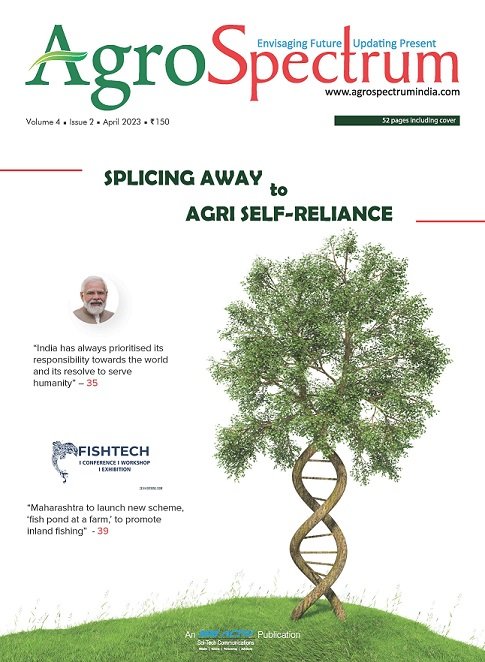Homedigy launches GeoDrops, World’s smartest AI irrigation manager
GeoDrops is the first consumer product on the market capable of measuring detailed soil conditions
Homedigy Inc., a Silicon Valley high-tech consumer product and services company, introduced GeoDrops, the next-generation smart irrigation management system. GeoDrops leverages advanced artificial intelligence (AI) and class-leading sensor arrays to drive an extremely effective watering schedule, delivering a prettier garden while simultaneously saving up to 70 per cent of outdoor irrigation water.
GeoDrops is the first consumer product on the market capable of measuring detailed soil conditions, such as evapotranspiration rate and water content at different soil depths, allowing it to ensure every water drop is used as efficiently as possible by your plants’ roots. It works for all types of landscaping and watering methods, including manual garden hoses, traditional irrigation controllers, and smart irrigation controllers.
The GeoDrops system is made up of one or more Droplets, each a miniature Wi-Fi-connected computer with a powerful integrated AI sensor processor. The GeoDrops Droplet is as small as a sprinkler head, is fast to install, and is tough against outdoor use. The larger GeoDrops system implements a distributed AI computer architecture that processes both Droplet data and online weather information and can be accessed anywhere via the GeoDrops smartphone App. GeoDrops is also compatible with IFTTT, allowing compatible smart irrigation controllers to be directly driven by the GeoDrops system.
“GeoDrops sensor is recording the different moisture levels in the raised bed system compared to the ground [bed] system. The system can detect wood chips in the soil as well,” said Fiona, Charles Street Gardens administrator, long-time gardener, and one of the few dozen GeoDrops early prototype users in Silicon Valley. “We’re excited to learn how we can better use the system to manage our irrigation system in spring and summer.”
GeoDrops is the first consumer product on














